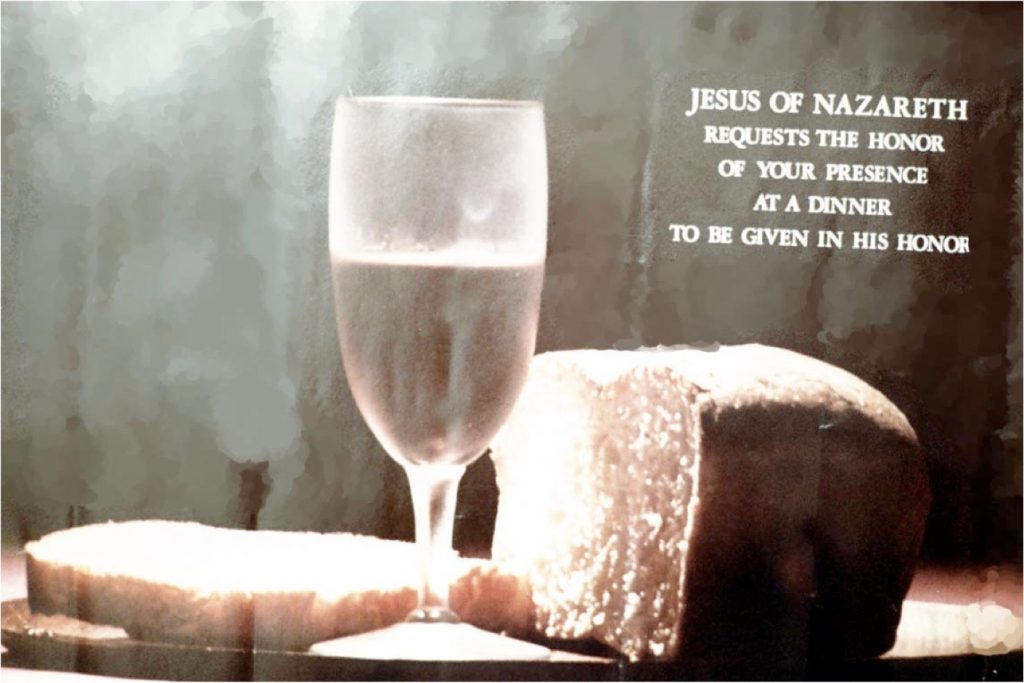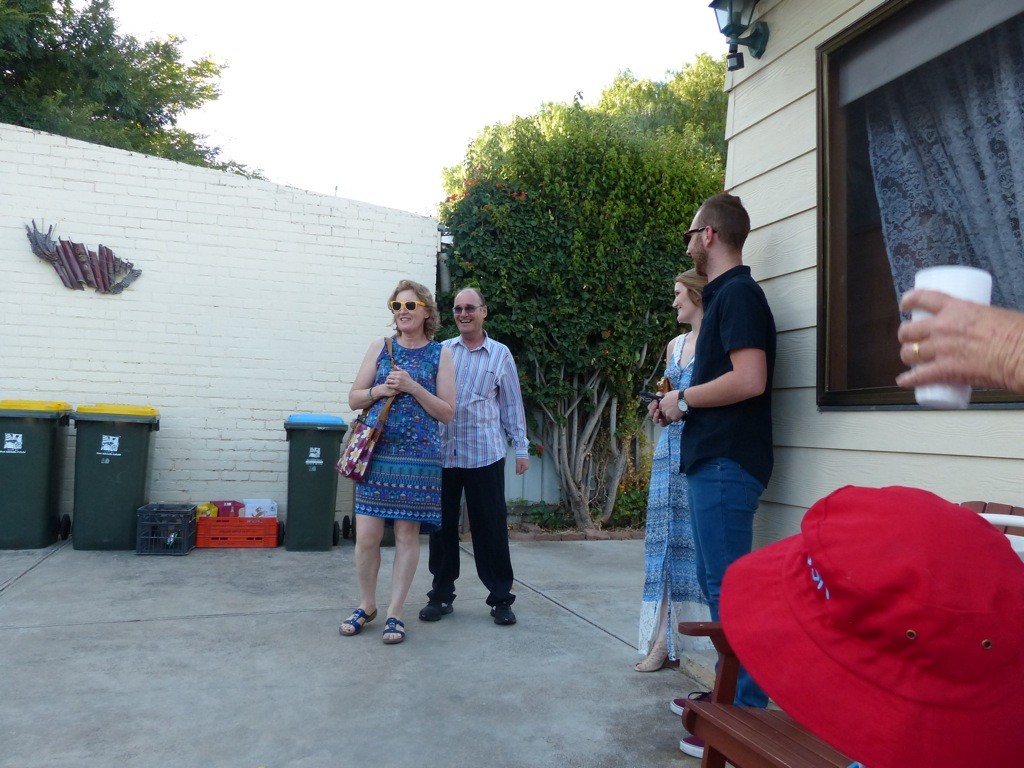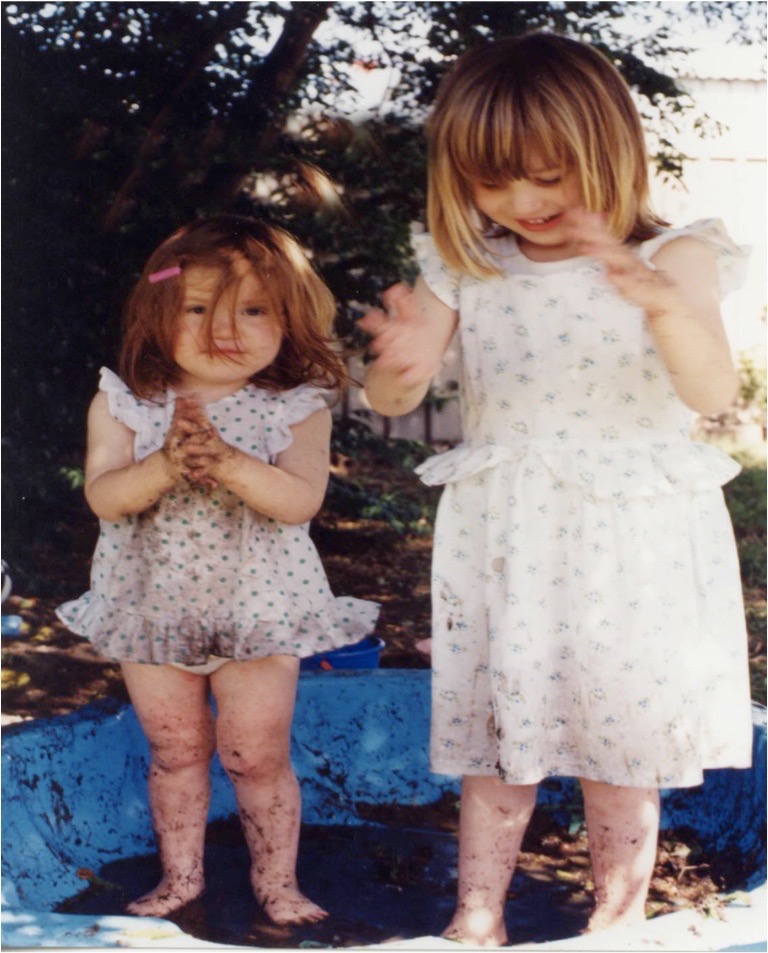Recently, I travelled overseas to Europe. A scripture verse that I try to abide by when I travel is Psalm 119.19
“I am a sojourner on the earth; hide not your commandments from me!”
Which I interpret as embrace and learn as many different things about the countries you visit and be respectful of the people and their cultural differences.
Firstly, I went to France. I learnt at the top of the Eiffel Tower every evening they have a beacon from which a light show is projected for five minutes every hour from sunset to 1am.
Next, Barcelona, Spain, La Sagrada Familia, in English translates to Holy Family is a church that began construction 137 years ago and is still being completed today. Amongst ongoing plans is a plan for the building of 12 Bell Towers one for each disciple however not all those towers may be built.
Following that was Monaco, that has no airports and that the only air travel available is by helicopter landing at a nearby Heliport. Also, the crime rate in Monaco is low because they have more policeman per person than any other country in the world.
While in Italy, I visited the Pantheon in Rome which was formerly a Roman Temple that was turned into a Church in 609 AD. The most fascinating feature I found was its dome which was the largest till 1909 and still remains the greatest unsupported dome in the world today.
Subsequently, I visited Austria and the amazing Schonbrunn Palace in Vienna not only known for its decorative furnishings and paintings but its magnificent gardens. It is a UNESCO World Heritage Site.
One of the most interesting places I went to on my trip was Liechtenstein, the fourth smallest country in Europe. It was an incredibly beautiful country with its high mountains and green valleys. A remarkable fact is that it has a high usage of Solar Power.
Whilst in Switzerland, I went to Lucerne which is surrounded by the Alps and beautiful Lake Lucerne. I was lucky enough to take a cable car to the top of Mount Stanserhorn and admire the views.
After that we were in Heidelberg, Germany where I was fortunate enough to go on a riverboat down the Neckar River and I saw the Church of the Holy Spirit prominent by its high steeple and the Heidelberg Castle built in the 13th Century.
Finally, my trip concluded in the Netherlands. I visited a Cheese and Clog (wooden shoe) Factory where I got to taste eight different types of cheese and see clogs being made. I found the Clogs too heavy to wear when I tried to walk in them surmising, they were not a practical footwear for me to purchase.
In conclusion, the highlight was going to Lourdes in France where Saint Bernadette had nine apparitions of Mary, Jesus’ Mother. On the ninth apparition she was asked by Mary to go and drink and wash in a Spring but when she got there all she found was muddy water. However, after she washed and drank from the water many times it turned into a flowing spring. That water over the years has demonstrated miraculous healing powers with sixty-nine documented miracles to date and many more undocumented. For me the experience of visiting Lourdes was a peaceful faith-filled experience where people processed towards the grotto and filled their containers of spring water hoping the healing powers of the water will touch them.
I feel extremely blessed to have the opportunities to travel and meet new people and learn about new places. Furthermore, it is so great to see God’s work through the uniquely designed buildings, beautiful contrasting landscapes and the amazing characters I engaged with on this trip.









